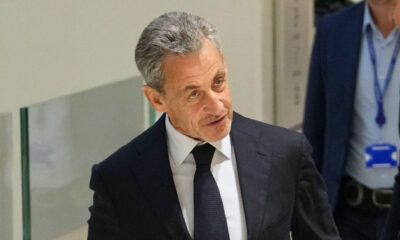Breaking News
Some 1,700 premature deaths attributed to poor air quality per year, says EPA

Read more on post .
Traffic fumes and chimney smoke continue to pollute Ireland’s air despite moves towards cleaner motoring and heating.
The Environmental Protection Agency (EPA) said the number of premature deaths attributed to poor air quality also remained high, at 1,700 per year.
The agency said while monitoring at 115 sites showed all met legal air quality standards last year, there were places and times when those standards were close to being breached.
It also warned that current air quality levels were not good enough to comply with more stringent standards that will apply from 2030.
A quarter of monitoring sites would fail the 2030 standards on levels of nitrogen dioxide (NO2), a gas emitted from petrol and diesel vehicles that builds up in high concentrations in urban centres.
Around 7 per cent of sites would fail on particulate matter (PM2.5), tiny particles of soot, dust and dirt that mainly come from burning solid fuels.
PM2.5 is also prevalent in cities and towns but so too are rural areas not connected to the gas network.
Both pollutants lodge in the lungs, causing problems from mild irritation to chronic and acute lung disease.
Air pollution also contributes to heart conditions, dementia, neonatal mortality and type 2 diabetes.
Vulnerable groups, including children and older adults, and those with underlying conditions such as asthma, are particularly at risk.
The EPA said a decisive shift away from solid fuel heating and fossil fuel transport was needed.
“Many of us have grown up with the comfort of an open fire and limited alternatives to travelling by car – but these familiar habits contribute to poor air quality,” said Pat Byrne, the EPA’s director of environmental monitoring.
“Supporting people to shift towards cleaner heating and more sustainable travel isn’t about giving something up – it’s about gaining healthier air and healthier lives.”
Breaking News
UK secures Ticketmaster commitments after Oasis issue
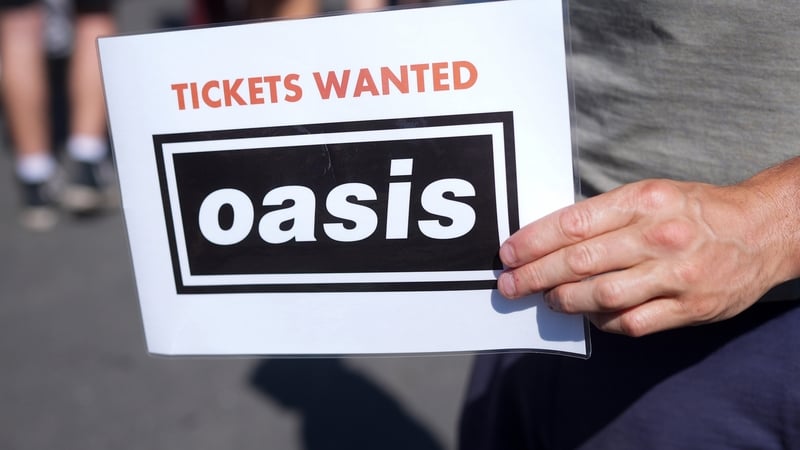
Read more on post.
Britain’s competition regulator has secured formal commitments from Ticketmaster to ensure customers have the information they need when they buy tickets from the entertainment and event group’s platform, the watchdog has said.
Thousands of fans waited for hours online to get their hands on tickets for British band Oasis’s reunion shows this summer, only to find prices had jumped by the time they got to the front of the queue.
Fans will now be told the range of prices for concert tickets when they join a queue, and be informed when the cheaper seats sell out.
Buyers will also be told at least 24 hours before a sale begins if tiered pricing will be used and what that means, the Competition and Markets Authority (CMA) said.
The competition regulator said the formal commitments from Ticketmaster would “make sure fans have the information they need when they spend their hard-earned cash to see the artists they love”.
The moves follow the CMA’s investigation into the way Ticketmaster sold Oasis tickets in 2024.
The probe found Ticketmaster did not tell fans waiting in lengthy queues that standing tickets were being sold at two different prices, and that prices would jump as soon as the cheap tickets sold out.
Ticketmaster sold some ‘platinum’ tickets at almost two and a half times the price of ‘standard’ tickets, without sufficient explanation that these offered no additional benefits in the same areas of the venue, the CMA said.
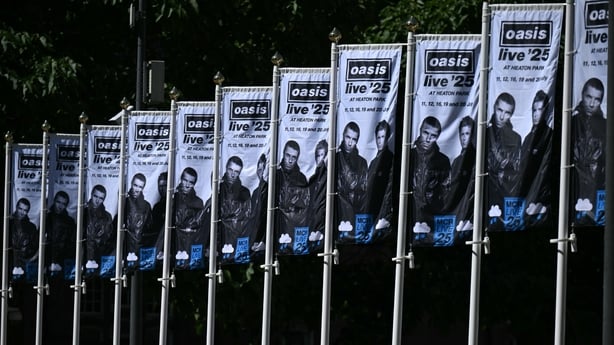
In response, the CMA said Ticketmaster must now tell fans 24 hours in advance if a tiered pricing system is being used – as it was for Oasis standing tickets.
This means fans will know beforehand if there are multiple prices for the same type of ticket, and that more expensive ones will be released once the cheapest sell out.
Ticketmaster must also provide more information about ticket prices during online queues, helping fans anticipate how much they might have to pay.
This includes setting out the range of prices available for the event when people join the queue and updating fans swiftly when the cheaper tickets sell out.
Ticketmaster must also describe tickets accurately and not use any misleading labels to avoid giving the impression that one ticket is better than another when that is not the case.
Ticketmaster must now regularly report how it has implemented the undertakings over the next two years to ensure “robust” compliance, with any failure to do so resulting in possible enforcement action.
While many fans were under the impression that Ticketmaster used an algorithmic pricing model during the Oasis sale – with ticket prices adjusted in real time according to changing conditions such as high demand – also known as ‘dynamic pricing’, the CMA had not found evidence that this was the case.
“Fans who spend their hard-earned money to see artists they love deserve to see clear, accurate information, upfront,” said CMA chief executive Sarah Cardell.
“We can’t ensure every fan gets a ticket for events as popular as the Oasis tour, but we can help ensure that next time an event like this comes along, fans have the information they need, when they need it.
“The changes we’ve secured will give fans more information about prices and clear descriptions of exactly what they are getting for their money. If Ticketmaster fails to deliver on these changes, we won’t hesitate to take further action.”
The CMA said Ticketmaster had made the commitments voluntarily and without any admission of wrongdoing or liability.
Additional reporting by Reuters
Breaking News
Sarkozy guilty of conspiracy over Libyan dealings
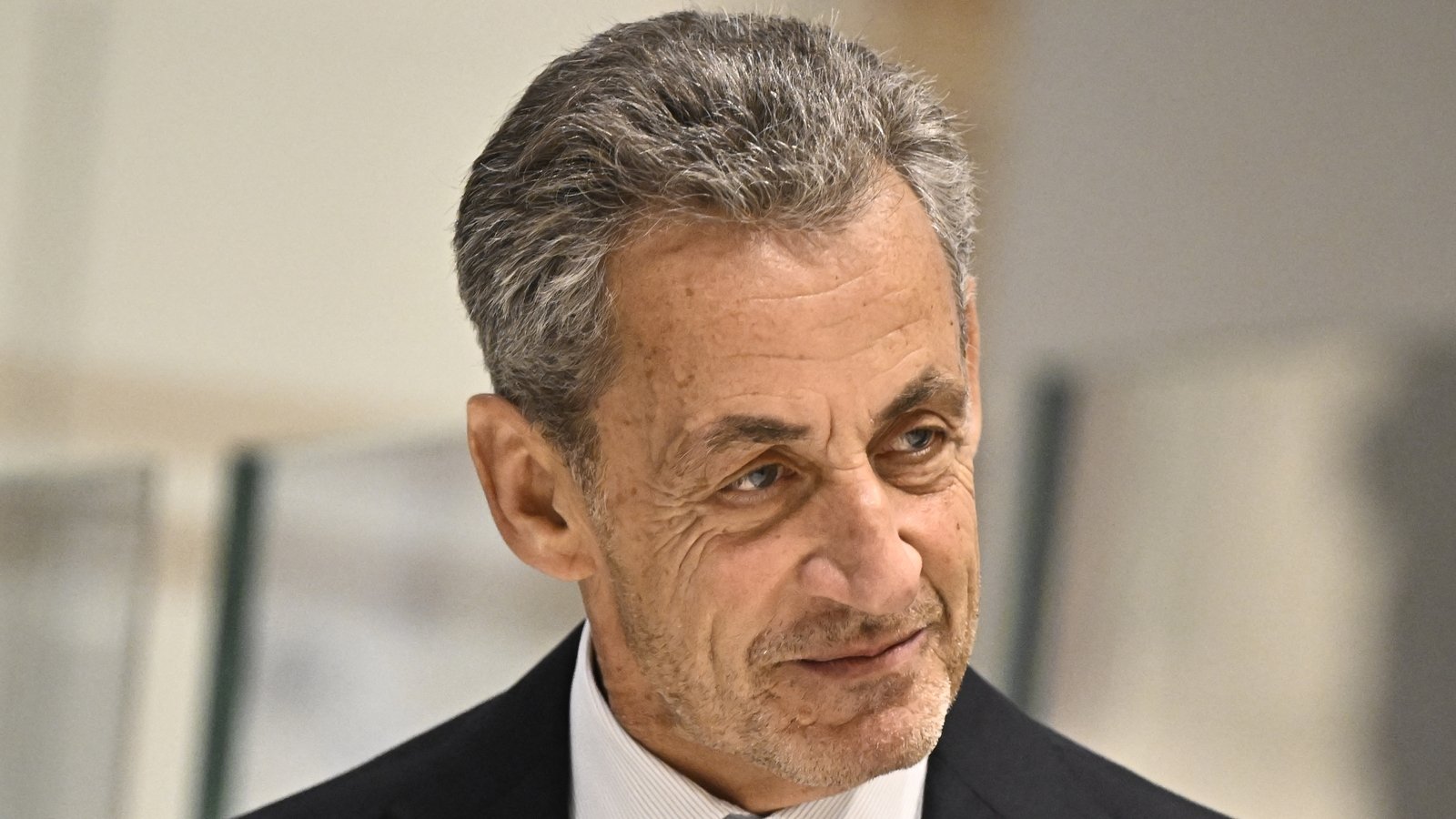
Read more on post.
The Paris criminal court found former French president Nicolas Sarkozy guilty of criminal conspiracy in a case related to the provision of millions of euros in illegal financing from late Libyan strongman Muammar Gaddafi for his successful 2007 presidential bid.
Prosecutors alleged that Sarkozy, who has always denied the charges, made a deal with Gaddafi in 2005, when he was France’s interior minister, to obtain campaign financing in exchange for supporting the then-isolated Libyan government on the international stage.
Judge Nathalie Gavarino said Sarkozy, as a serving minister and party leader at the time, had “allowed his close collaborators and political supporters over whom he had authority and who acted in his name”, to approach the Libyan authorities “in order to obtain or attempt to obtain financial support”.
The court’s ruling however did not follow the conclusion of prosecutors that Sarkozy was the alleged beneficiary of the illegal campaign financing.
The 70-year-old, who was present in court accompanied by his wife Carla Bruni-Sarkozy, has been on trial since January on charges of “concealing the embezzlement of public funds, passive corruption, illegal campaign financing and criminal conspiracy with a view to committing a crime”.
He has already been convicted in two separate cases.
The right-wing politician, who was president of France from 2007 to 2012, was acquitted of all other charges including passive corruption and illegal campaign financing.
The ruling is ongoing and sentencing is due to be announced later in the hearing, with prosecutors requesting a seven-year prison term.
At issue is a murky affair alleged to involve Libyan spies, a convicted terrorist, arms dealers and allegations that Gaddafi provided Sarkozy’s campaign with millions of euros shipped to Paris in suitcases.
Sarkozy had said the case is politically motivated.
Two former close aides were also convicted. His former right-hand man Claude Gueant was found guilty of passive corruption and falsification while former minister Brice Hortefeux was found guilty of criminal conspiracy.
Eric Woerth, Sarkozy’s 2007 campaign treasurer, was acquitted.
Investigators alleged he made a corrupt pact with the Libyan government.
Despite lingering legal headaches, and having his Legion of Honour, France’s highest distinction, stripped in June, Sarkozy remains an influential figure on the French political stage.
Breaking News
Henry Zeffman: Burnham’s provocative challenge to Starmer shows he is serious
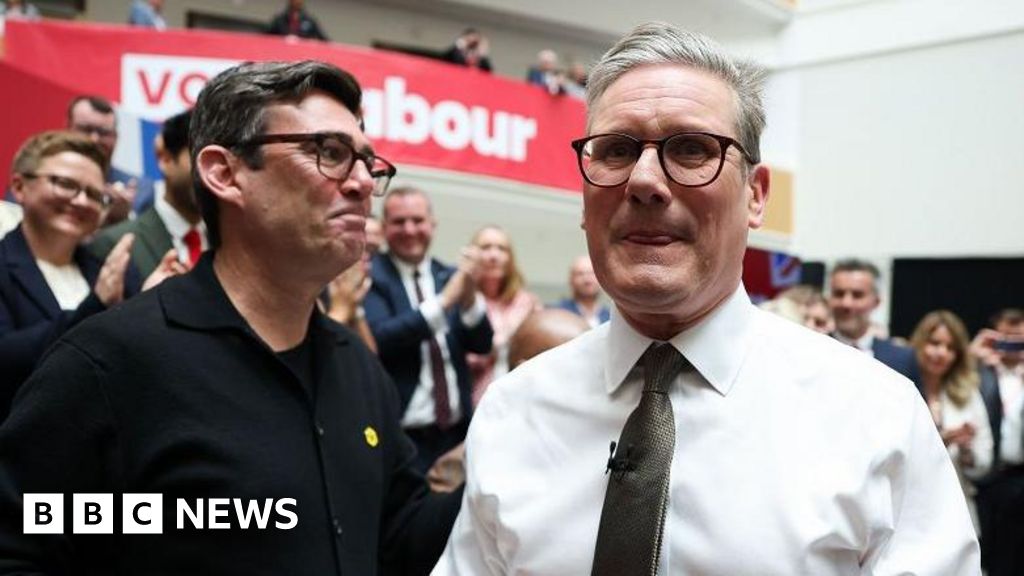
Read more on post.
Location: party conference.
A fairly new prime minister is struggling for popularity with his party and the country at large, against a backdrop of grim economic choices.
A popular, plain-speaking mayor enters the week talked up as a future leader — and is doing little to dampen that speculation himself.
The year is 2012, the prime minister is David Cameron and the mayor is Boris Johnson.
But it could just as well be 2025, Sir Keir Starmer and Andy Burnham.
Sometimes politicians of all parties flirt with the possibility of one day becoming leader in suggestive, coy, almost deniable ways.
This is not an example of that. Burnham is being more overt.
To the Telegraph the Manchester mayor gave a straight answer to a straight question: yes, he had been contacted by Labour MPs “throughout the summer” about the prospect of him returning to Westminster, where he was an MP for 16 years, to lead Labour and replace Starmer as prime minister.
Burnham said this was “more a decision for those people than it is for me”.
Well, up to a point.
Burnham is not an MP. He would have to decide to become one if he wants to be Labour leader and prime minister.
This means that his path to Downing Street is extremely complicated.
First, a Labour MP would need to resign their seat so there is a by-election – unless a contest happened to arise through an MP dying or similar.
Because of Burnham’s distinctive regional pitch, the constituency would surely have to be in Greater Manchester or at least the north-west of England.
Two Manchester Labour MPs, Andrew Gwynne and Graham Stringer, have already ruled out standing down for Burnham.
Then, Burnham would have to be selected as Labour’s candidate.
This would require the approval of Labour’s national executive committee, which for most purposes is controlled by allies of Starmer, although at least some of those would probably support Burnham’s return to Westminster.
Then, he would have to win the by-election in a difficult national political environment for the Labour Party.
And then, finally, Burnham would have to secure the backing of 80 Labour MPs to challenge Starmer – at which point presumably other candidates would enter the fray.
There’s a lot of difficulties along that path.
Still, it is clearly a path that he is willing, at the very least, to publicly entertain.
The mere existence of the Telegraph interview, alongside a long profile in the New Statesman, the bible of left-liberals, is pretty provocative.
Burnham knew that he would be asked questions about his national ambitions, and that they would create a stir in the days before a crucial party conference for Starmer.
Perhaps most notable, though, is that Burnham used both interviews to spell out a policy prospectus: higher council tax on expensive homes, borrowing to invest in council housing, cutting income tax for lower earners and increasing it for higher earners.
In the New Statesman, he said: “We’ve got to get beyond this thing of being in hock to the bond markets”.
That is a direct challenge not just to Starmer but to Chancellor Rachel Reeves and her view – her supporters would say the economic reality – that the government cannot borrow much more money.
It is an argument that quite a few Labour MPs make, mostly in private: that this government has allowed itself to become too constrained by Treasury orthodoxy.
To have Burnham joining that argument publicly, whether his leadership challenge is plausible or not, is unwelcome for Starmer and Reeves.
In government, there is frustration and no small amount of bafflement that Burnham has decided to make these interventions now.
One senior source said he was: “A Boris-sized ego, but without the strategic thought.”
Speaking from the main stage of Conservative conference back in 2012 (an honour not being afforded to Burnham at Labour’s conference next week), Boris Johnson ended up rallying the members behind David Cameron.
It took him seven years to get to No 10.
It’s hard to see the Starmer and Burnham story taking quite so long to play out, whatever the ultimate conclusion.
-
Culture2 days ago
Taylor Swift’s new cinema outing generates more than €12million in just 24 hours
-
Politics2 days ago
European Parliament snubs Orbán with vote to shield Italian MEP from Hungarian arrest
-
Health3 days ago
EU renews support for WHO’s Universal Health Coverage Partnership
-
Culture2 days ago
Milan Fashion Week 2025: Unmissable shows and Giorgio Armani in mind
-
Opinion2 days ago
AI Is Pointless If It Doesn’t Boost Productivity
-
Environment1 week ago
Chimps drinking a lager a day in ripe fruit, study finds
-
Culture2 days ago
Traitors Ireland finale: A tense and thrilling conclusion to a spectacular first season
-
Culture2 days ago
‘The Mona Lisa of Pop’: David Bowie’s ‘Aladdin Sane’ artwork set to break auction record










